When Mother’s Day Stings: A discussion of The Intersection Of Perinatal Depression And Relationship Trauma History
Well, April just flew by and we are suddenly entering May, which for many mothers is a joyful time to embrace and partake of festivities.
Also for honoring seasoned caregivers who play a strong role in nurturing the new generation of nurturers.
However, for some childbearing women, motherhood may not be a happy time. Due to a range of reasons, approximately 20% (or more) of all childbearing women may experience perinatal depression or anxiety (PSI, 2017).
Related: Music Therapy for depression – how can it heal you?
It is never a woman’s fault that she develops perinatal depression/anxiety (PMAD).
Rather, a complex interplay of biological, hormonal, neurological, and environmental events can blend to create the perfect storm for an “episode.”
Fortunately, these eruptions of psychological pain are temporary and can be resolved with excellent care by trained practitioners (therapists, psychiatrists, doulas, lactation consultants, pediatricians, Ob/Gyns) and a supportive tribe of helpers (healthy extended family and friends, etc).
Furthermore, a subset of those women who experience a PMAD also have relationship trauma/loss history which can include physical, emotional, sexual abuse by a prior caregiver/parent or a current romantic relationship.
Related: Science Says We Inherit Our Intelligence From Our Mothers
It is these women who are exponentially more vulnerable to not only developing a PMAD but also experiencing more severe “episodes”, due to the layers of trauma/loss woven into the already challenging sleep deprivation, hormonal fluctuations, role and identity changes that jolt a new mother into this chapter of her life.
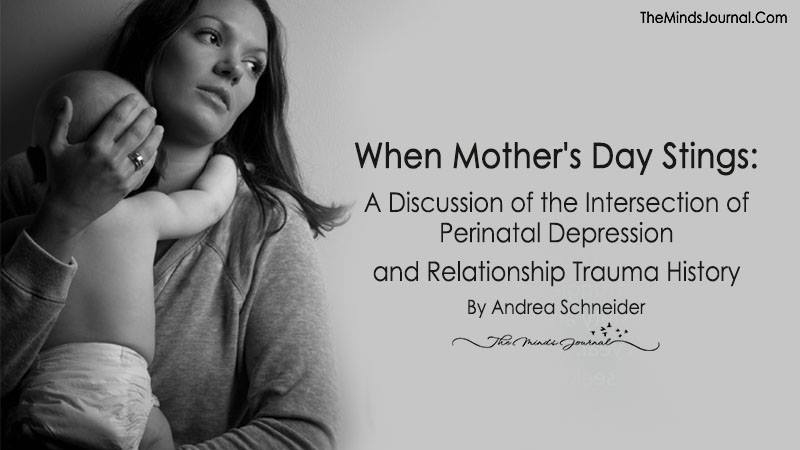
It is this subset of women which I am devoting this article to, in an effort to provide some solace, that there is hope to heal and recover, even in the face of the Hallmark commercials depicting the myths and expectations of what motherhood “should” look like, but very clearly does not for many women.
So, May is Maternal Mental Health Awareness Month, and with that comes social media posts galore about the prevalence of maternal depression and anxiety. Thankfully, with the help of the internet age and technology, maternal mental health is one of the “in” topics addressed across all dimensions of media.
In general, I am pleased to see mental health awareness evolving into a less stigmatized topic over the span of the last decade and beyond.
However, even with a tremendous amount of advocacy on many levels, there is still much work to be done to completely incorporate maternal and family wellness from the standpoint of mental health into the mainstream discussion and to ensure adequate and competent care for mothers and families.
Do you know anything about postpartum psychosis? Watch out the video
Many organizations have worked and continue to work diligently to press for legislation, training, and awareness of maternal mental health (some of those are listed at the bottom of the article).
Barriers to care continue to be a problem for families who are disadvantaged, impoverished, or face financial, geographical or discriminatory challenges of any kind.
Women in unsafe relationships (whether familial, romantic or work-related) are particularly isolated and at risk for a more complicated recovery unless they are linked with supportive and competent mental health care which includes a trauma-informed approach.
Karyl McBride
Karyl McBride, PhD, P.C., is considered one of the pioneers in the research, writing and treating of adult children of narcissistic parents. Her website, books, and literature are groundbreaking and very helpful for adult survivors of psychological abuse by a narcissistic parent.
I often refer my mom clients to Dr. McBride’s writings when I discover that my client carries the trauma of emotional abuse, with her family-of-origin pain is rising back up in the form of flashbacks. At just the moment my client is trying to bond with her baby and make the passage to motherhood, she may be plagued with feelings of doubting her ability to be able to love her own baby unconditionally based upon the blueprint she was given as a child.
With the support and trauma-informed counseling, my mama clients who have been impacted by narcissistic abuse do move through pain and healing to attach and bond in a healthy manner with their babies. Without competent and compassionate help, these new moms would be passing on another generation of unresolved trauma to their offspring.
Related: Toxic Love: Signs To Identify If You Are In A Trauma Bond
Again, not all moms who experience a PMAD have a history of narcissistic abuse by a caregiver (or romantic partner), but for those who do, this trauma is sure to rise up at just the moment she is attempting to embrace the joy of motherhood.
Likewise, if a mother is in a relationship with an emotionally abusive partner or is employed in a toxic work environment with emotionally abusive personnel, she is also more at risk for developing a PMAD.
These psychological stressors are additional risk factors that magnify the dramatic hormonal, biochemical, and role transition dynamics in a new mom’s passage to motherhood.
In providing psychotherapy for a new mom with a PMAD who also has a history of narcissistic abuse (either in family-of-origin or in a romantic or work relationship). I will not only provide the evidence-based interventions (for PMADs) of mindfulness-based cognitive behavioral therapy and interpersonal therapy. I will also blend in other trauma-informed approaches that support my client in working through some very complex relationship dynamics.
Some of these approaches may involve:
- Expressive arts,
- Trauma-informed approaches which include bilateral stimulation (such as EMDR and other techniques),
- Lots of psychoeducation and therapy about narcissistic abuse recovery, boundaries, reclaiming self-worth, and creating a safe tribe of supportive others, to name just a few.
Acute depression and anxiety symptoms may lift fairly quickly with interventions addressing PMADs, while the more long-term work delves into family-of-origin, trauma/loss, and attachment concerns.
I find that it is helpful to provide some bullet points for the new moms I work with, for those who have been raised by a narcissistic caregiver, as Mother’s Day approaches, so as to fully embrace the special day for the new mom:
1.Qualified psychological support
Be sure to seek and obtain qualified psychological support with a trained, compassionate and competent trauma-informed psychotherapist who knows about maternal mental health primarily to address acute symptoms.
If that therapist is trauma-informed and has training in narcissistic abuse recovery, longer-term work can address resolving psychological abuse history. (Both areas are highly specialized).
You can research provider names through PSI for PMADs.
You will have to dig further on a google search to find a provider who also knows about psychological abuse from a trauma-informed perspective. Ideally, the provider will know something about both specialties.
With help, you will be well. Once PMAD symptoms are stabilized with a specialist, you may need to be referred to a therapist who is trained in narcissistic abuse recovery if your current clinician is not knowledgeable about that subspecialty.
Also read: 24 Characteristics of Narcissistic Mothers
Again, the idea is to work with a skilled clinician who can address not only the PMAD but any trauma/loss history that also encapsulates and magnifies emotional pain.
2. Seek out social support
Get social support in the form of new mom support groups specific to PMADs and also Adult Survivors of Narcissistic Parents.
Stabilize depression and anxiety symptoms first and then tackle the deeper trauma issues at a pace that is not overwhelming.
Narcissistic abuse recovery is multi-faceted and will take a good bit of time past resolving the PMAD. PMADs can be resolved in 2-3 months for some women (the clinical symptoms of depression and anxiety).
Trauma and loss issues may take quite a bit longer to work through. But with qualified support and reduced isolation, relief is on its way in waves. Like a cake, the client is excavating through the layers of healing.
3. Know authentic helpers
Build your tribe of authentic helpers whom you trust with baby care, running errands, dropping off meals.
These individuals may be related to you or not, hired or volunteer.
New moms need to be nurtured so they can nurture and bond with their babies. Any person that triggers a prior trauma or is abusive in any way shape or form does not belong in your inner circle or tribe.
4. Set clear boundaries
Set clear boundaries about your availability for any family gatherings.
Put your own self-care as number one.
Self-care is NOT selfish.
Self-care is vital to the recovery of a PMAD, not to mention the long term tough work of trauma resolution.
Again, you are not obligated to attend any function that exhausts you or diminishes your mental or physical health in any way.
Related: How Healthy Boundaries With Your In-laws Will Make Your Marriage Stronger
5. Honor yourself on Mother’s Day
Find a pathway to honor yourself on Mother’s Day if it is not possible to be in the presence of family members who are safe emotionally.
Again, consult your safe tribe of supportive others who can help to celebrate you in a way that feels good.
Maybe:
- You’d just like to be in bed all day taking a luxurious nap.
- A bubble bath.
- Have food brought to you.
- Receive a foot massage.
Be treated like the Queen you are on your special day by people in your circle that you trust.
This article just barely touches the tip of the iceberg as it relates to the intersection of PMADs and recovery in narcissistic abuse. I can assure you that more writing and research is in the works.
Related: An Open Letter To The Women Who Chose Not To Become A Mother.
Again, not all moms with PMADs have experienced narcissistic or psychological abuse. But many have, and those are the mamas that are not only struggling with sleep deprivation, hormonal fluctuations more dramatic than a seismograph, extreme fatigue, mood shifts, panic etc. But they are also dealing with flashbacks and unresolved complicated grief from prior instances of abuse either from family-of-origin, work, or romantic relationships.
The good news is that with help, moms recover.
All moms and their families deserve access to qualified competent and compassionate care.
References:
- (PMADs)
Postpartum Support International – Largest non-profit in the world dedicated to women’s reproductive mental health; list of volunteer coordinators in each state of U.S. and many countries who will link moms and partners with resources and providers, as well as warm line support.
www.postpartum.net - Maternal Mental Health Now – Los Angeles based advocacy group provides list of providers in L.A. County; trainings, policy, advocacy, resources, research www.maternalmentalhealthnow.org
- 2020 Mom – National organization whose mission is “closing gaps in maternal mental health care through education, advocacy, and collaboration. ” www.2020mom.org
- (Narcissistic Abuse Recovery)
Christine Louis de Canonville – www.narcissisticbehavior.net – pioneer therapist in narcissistic abuse recovery; author of The Three Faces of Evil: Unmasking The Full Spectrum of Narcissistic Abuse; prolific writer, speaker, therapist. - Kristin Walker – CEO of Mental Health News Radio and everythingehr.com; has internationally recognized podcasts and radio programs specifically addressing mental health and the subject of narcissistic abuse recovery with wide-ranging speakers and specialists; excellent resource; advocate, writer, life coach.
- Karyl McBride – www.karylmcbridephd.com — pioneer therapist, writer, researcher on adult survivors of parental narcissistic abuse; articles and books as well as resources available on her website; also addresses high conflict divorce with narcissistic partner.
- Eleanor Payson – www.eleanorpayson.com — one of the first therapists to address narcissistic abuse in 3 settings of family, work and love relationships; author of The Wizard of Oz and Other Narcissists: Coping with the One Way Relationship in Work, Love and Family.
- Linda Martinez-Lewi – www.thenarcissistinyourlife.com — pioneer therapist in the field addressing narcissistic abuse in all life domains; prolific writer, advocate and therapist.
- Shahida Arabi – www.selfcarehaven.wordpress.com – prolific writer and advocate for narcissistic abuse survivors, specifically from romantic relationships.
What’s your experience with perinatal depression and relationship trauma? Share with us in comments.
By Andrea Schneider
Printed with permission
Originally appeared on Andrea Schneider.com
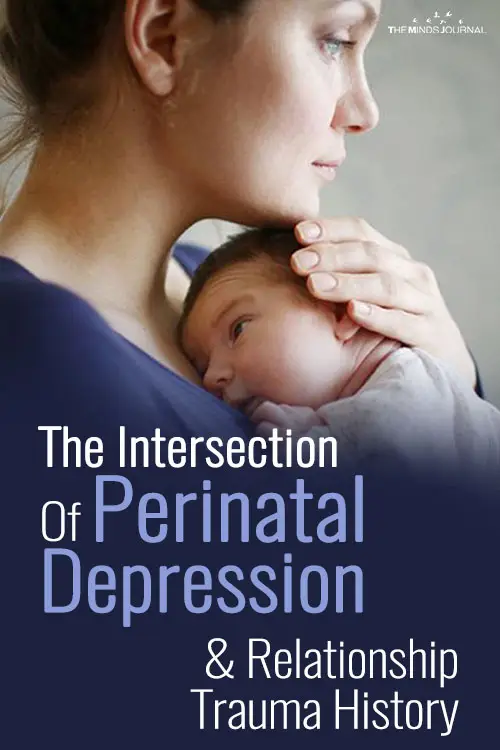
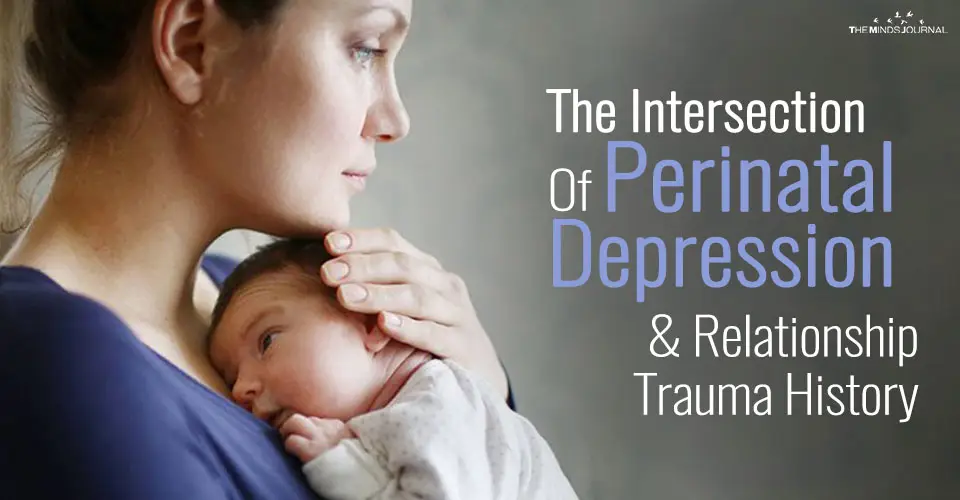
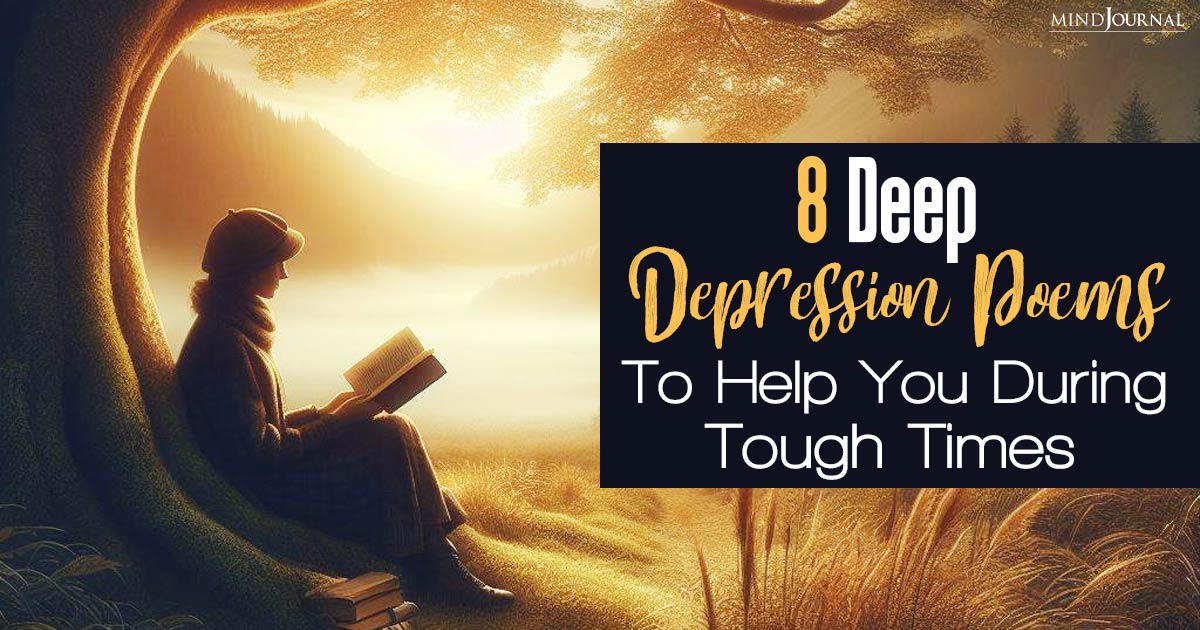
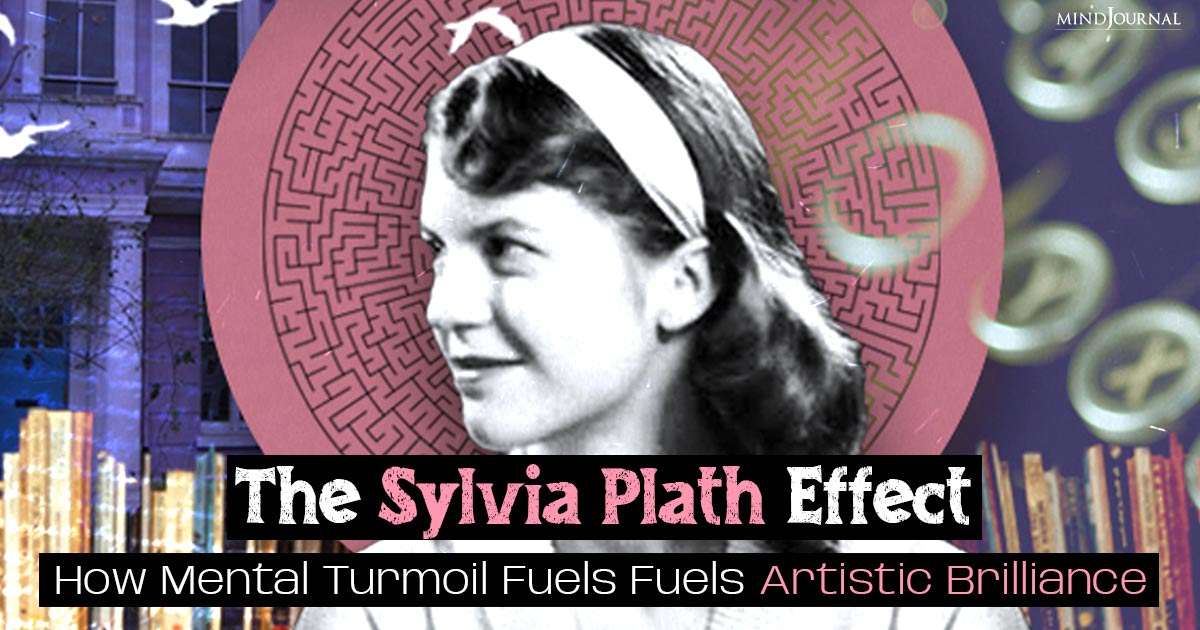
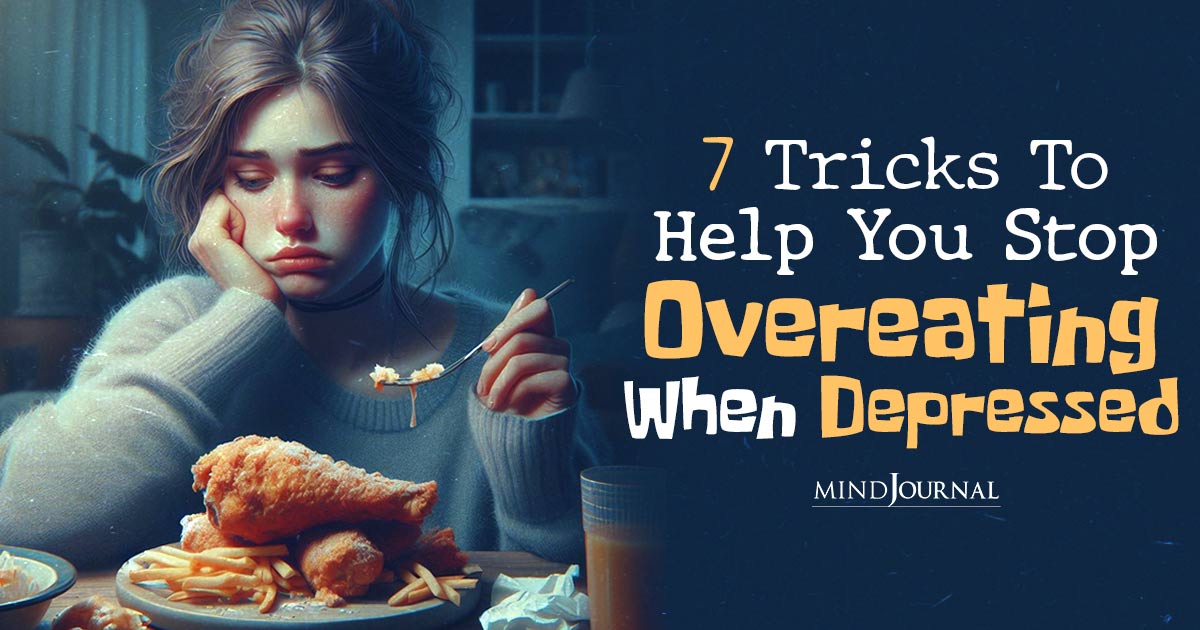
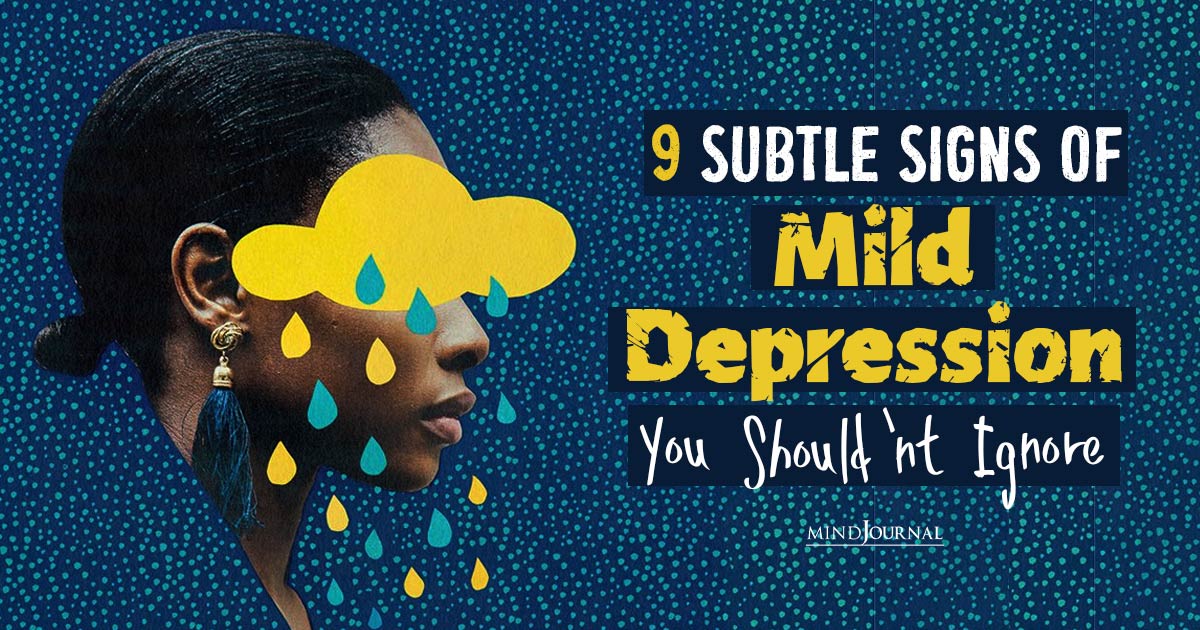
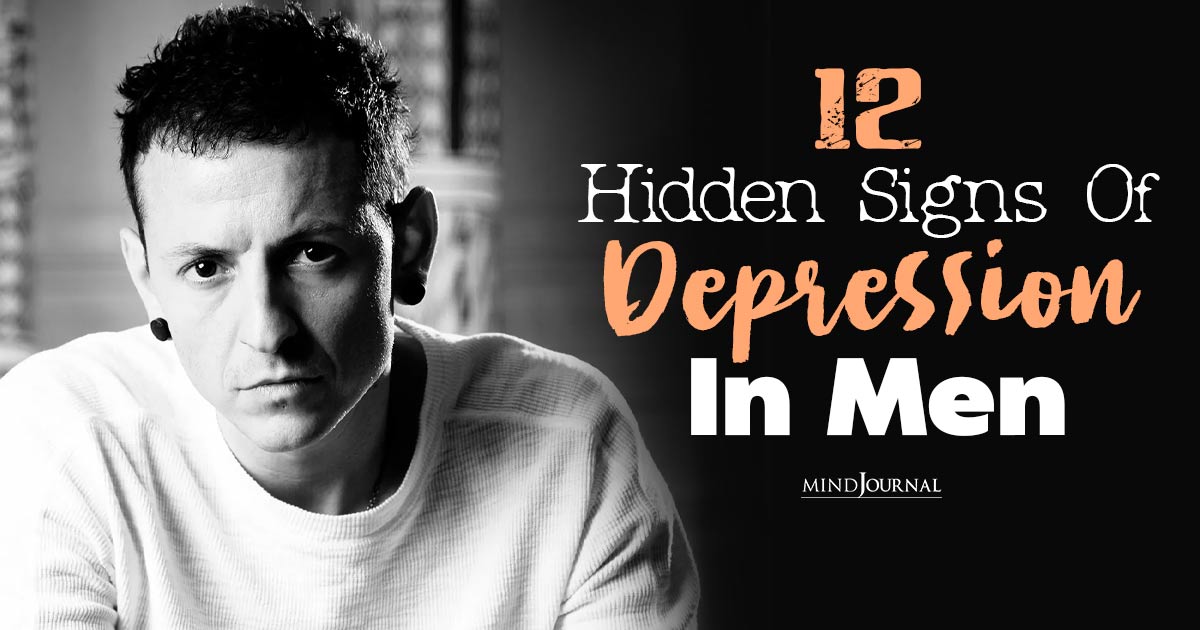
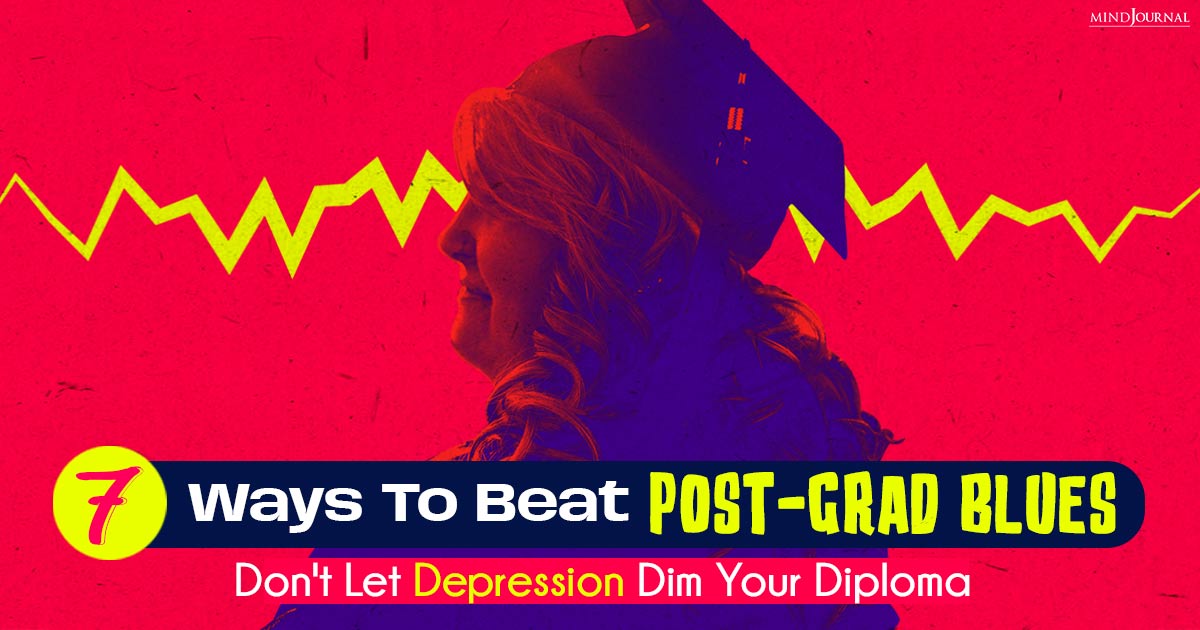
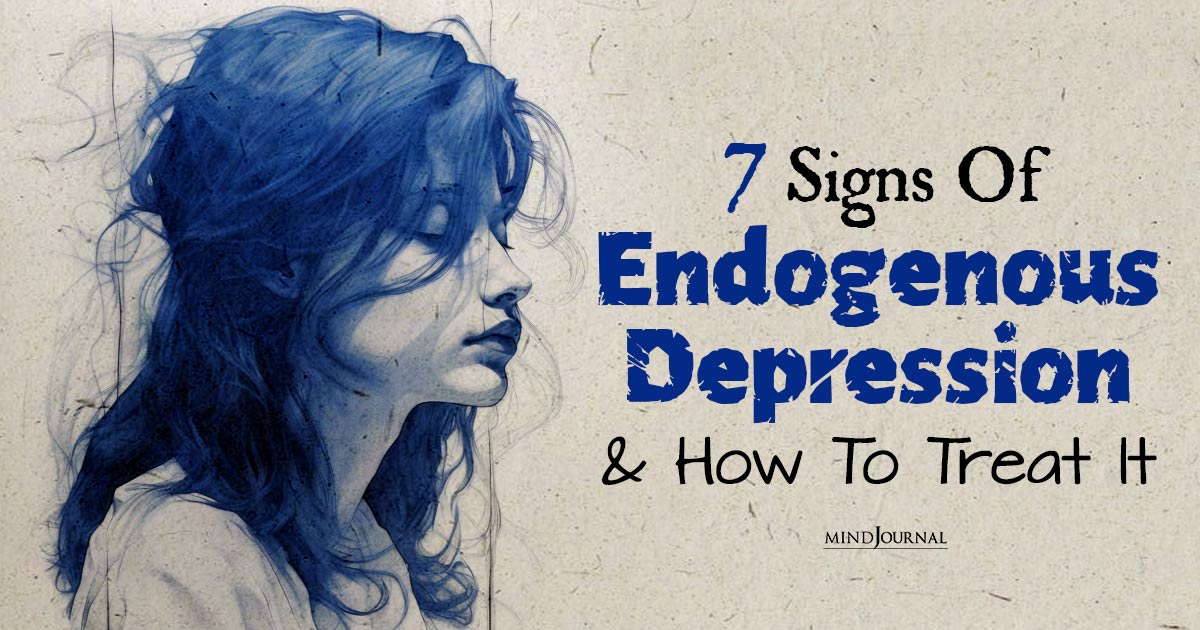
Leave a Reply
You must be logged in to post a comment.